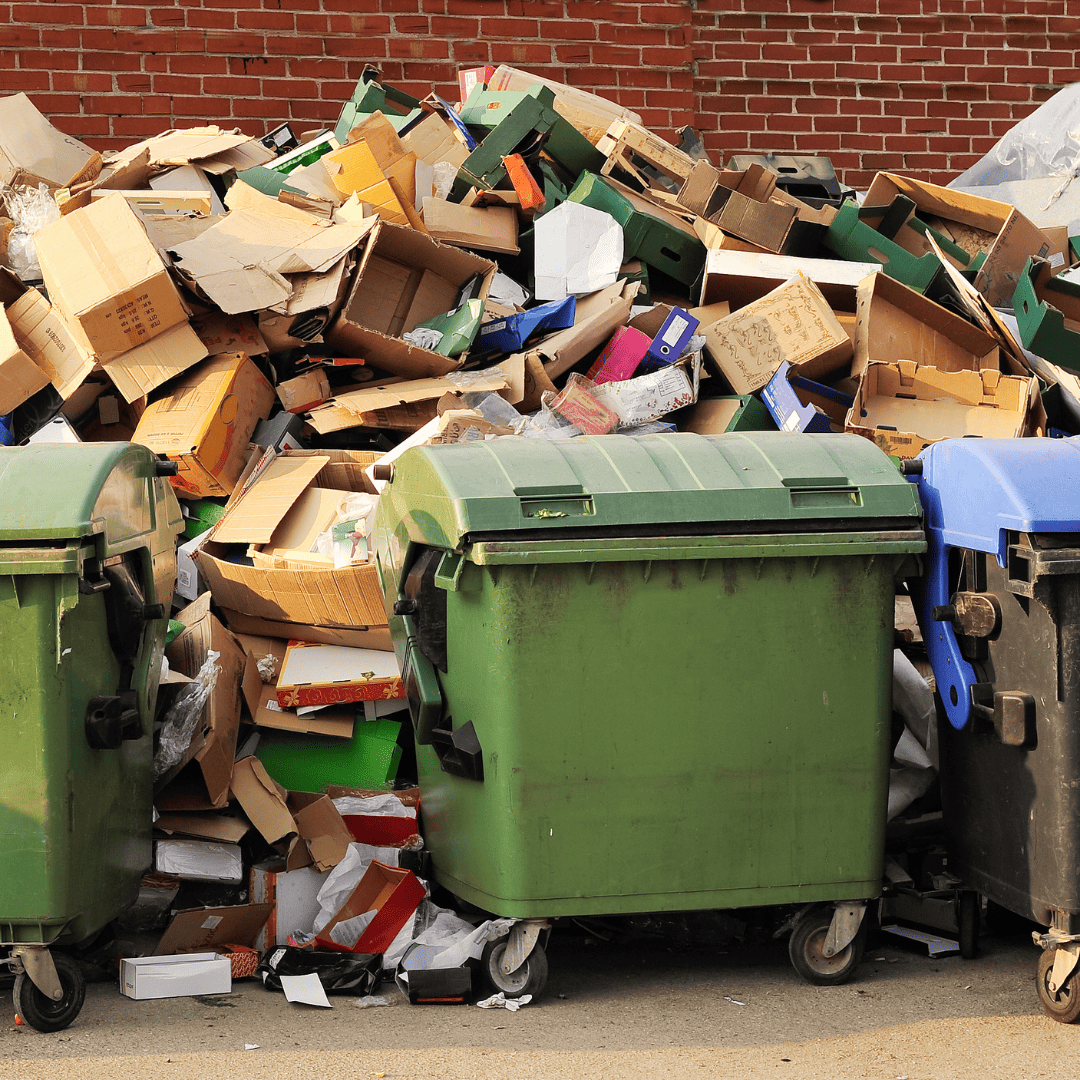Landfill waste poses significant environmental challenges, including pollution, greenhouse gas emissions, and resource depletion. Responsible rubbish disposal is crucial for reducing landfill waste and minimizing its negative impact on the environment. In this article, we will explore effective strategies and practices for reducing landfill waste and promoting responsible rubbish disposal.
Embrace the 3 R’s: Reduce, Reuse, Recycle:
The foundation of responsible rubbish disposal lies in the three R’s: reduce, reuse, and recycle. Reduce waste by opting for products with minimal packaging and avoiding single-use items. Reuse items whenever possible, such as by donating or repurposing them. Embrace recycling by sorting and properly disposing of recyclable materials to divert them from landfills.
Composting Organic Waste:
Organic waste, such as food scraps and yard trimmings, is a significant contributor to landfill waste. Implementing a composting system allows you to turn organic waste into nutrient-rich compost for your garden. Composting not only reduces landfill waste but also enriches the soil and supports sustainable gardening practices.

Donate or Sell Unwanted Items:
Instead of discarding items, consider donating or selling them. Clothes, furniture, electronics, and household goods in good condition can find new homes through charities, thrift stores, online marketplaces, or garage sales. By extending the lifespan of these items, you reduce landfill waste and promote a culture of reuse.
Proper Hazardous Waste Disposal:
Hazardous waste, including batteries, fluorescent bulbs, paints, and chemicals, should never be disposed of in regular rubbish bins. Improper disposal of hazardous waste can contaminate the environment and harm human health. Research local hazardous waste collection programs or designated drop-off locations to ensure responsible disposal.
Opt for Repair and Maintenance:
When faced with broken or malfunctioning items, consider repairing them instead of immediately replacing them. Engage local repair services or learn basic repair skills to extend the lifespan of your possessions. Regular maintenance and care can also prevent premature deterioration and the need for replacement.
Educate and Involve the Community:
Promote responsible rubbish disposal practices within your community by educating and involving others. Organize workshops or community events to raise awareness about waste reduction, recycling, and composting. Encourage local schools, businesses, and organizations to adopt sustainable waste management practices.
Support Packaging Reduction Initiatives:
Support businesses that prioritize packaging reduction and sustainable packaging practices. Choose products with minimal packaging or packaging made from recycled or biodegradable materials. Advocate for policies that encourage companies to adopt sustainable packaging practices and reduce waste generation.
Practice Source Separation:
Implement source separation in your home by setting up separate bins or containers for different types of waste. Have designated bins for general waste, recyclables, and organic waste. Proper source separation facilitates easier sorting and disposal, maximizing the effectiveness of recycling and composting efforts.
Invest in Smart Purchasing:
Make conscious purchasing decisions that prioritize environmentally friendly products. Choose products made from recycled materials, those with eco-labels or certifications, or those designed for durability and longevity. Consider the lifecycle impact of the products you bring into your home to reduce waste generation.
Stay Informed and Advocate:
Stay updated on waste management policies, initiatives, and advancements in your community. Engage with local authorities, waste management organizations, and environmental groups. Advocate for sustainable waste management practices, improved recycling infrastructure, and stricter regulations on landfill waste.
Responsible rubbish disposal is essential for reducing landfill waste and mitigating its environmental impact. By embracing strategies such as the 3 R’s, composting, proper hazardous waste disposal, and supporting packaging reduction initiatives, individuals can contribute to a more sustainable future.